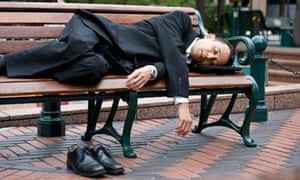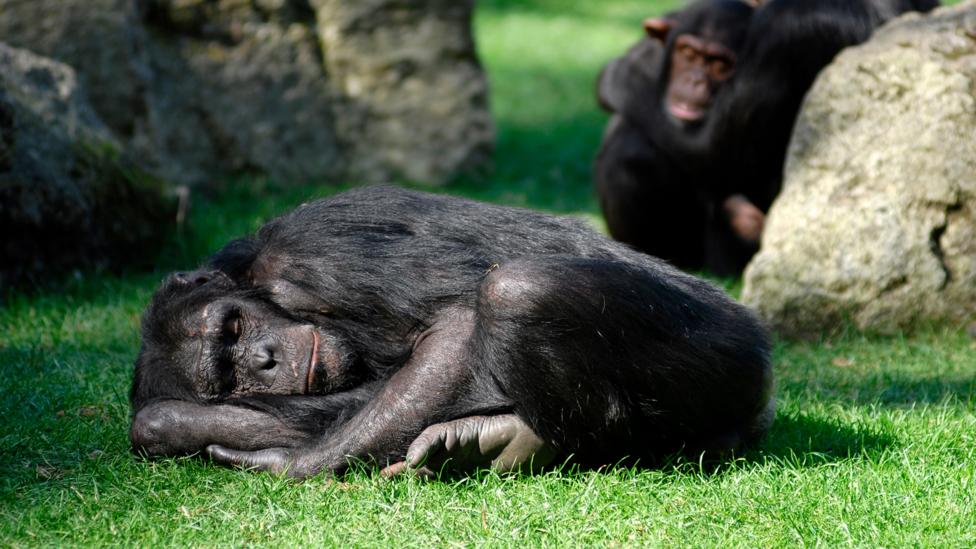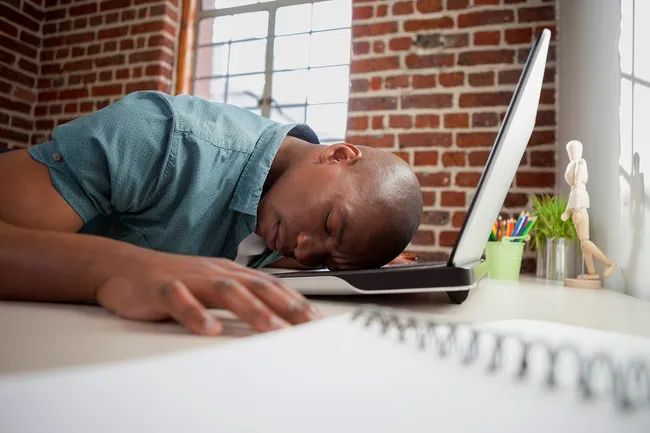Taking It Easy To Take It Forward
"I brush my teeth, I wash my hands. Why would anybody wash their hands before they go to bed? I don't know."
"And the pillows are supposed to be pointed a certain way. The open side of the pillowcase is supposed to be pointed in toward the other side of the bed. I don't know why."
Stephen King, Haunted Heart:The Life and Times of Stephen King
"Nature has not intended mankind to work from eight in the morning until midnight without that refreshment of blessed oblivion which, even if it only lasts twenty minutes, is sufficient to renew all the vital forces."
Sir Winston Churchill

"During those hours [1 - 2-hr.early afternoon nap, another in late afternoon], the Kennedy doors were closed. No telephone calls were allowed, no folders sent up, no interruptions from the staff. "
"Nobody went upstairs, [to the White House private quarters] for any reason."
J.B.West, head of the White House household staff
"[Thomas Edison’s] genius for sleep equaled his genius for invention."
"He could go to sleep anywhere, anytime, on anything."
Edison colleague
"Talking about [General Stonewall] Jackson’s propensity to sleep, I remember after the battles of the Seven Days’ Fight around Richmond one Sunday we went to Dr. Hoge’s church. He went to sleep soon after the service began and slept through the greater part of it. A man who can go to sleep under Dr. Hoge’s preaching, can go to sleep anywhere on the face of this earth. When the service was over the people climbed over the backs of the pews to get near him, and the aisles became crowded and General Jackson embarrassed. Presently he turned to me and said: ‘Doctor, didn’t you say the horses were ready?’ and I said, ‘Yes, sir,’ and we bolted out of church."
Dr. B. L. Dabney
 |
| A nap during work hours can benefit your health …. Photograph: Alamy |
Leonardo daVinci did it, Albert Einstein did as well; both world class geniuses like none other. What they did was to understand that they needed to replenish their physical and intellectual resources by napping, and naps were sacrosanct to them both. No one can argue that either of these outstanding men of great, unmatched accomplishments were laggards in any sense; they wisely set aside convention in the greater interests of obeying nature's call to rest, to enable their minds and bodies to restore their natural energy levels so they could carry on being the intellectual giants they were.
The world's leading authority on sleep, William Dement, founder of the Sleep Research Centre at Stanford University, is convinced humanity has evolved psychologically to favour limiting sleep to one period of a 24-hour day. In comparison, the overwhelming majority of other mammals tend to sleep during the day in short periods. Humans, he believes were designed by nature to sleep in mid-day, as a way of avoiding the mid-day sun. This has become a 'cultural' trait in hot, dry climates like Spain and Italy.
 |
As evidence, he points to the fact that particularly as we begin to age, we have a tendency to become tired and sleepy in the afternoon; an instinctive urge demonstrating a natural propensity that humans tend to give short shrift to. In the U.S., a recent crackdown on federal employees who dozed at work were placed on notice when the General Services Administration issued a Federal Notice that no employee is permitted to sleep in a government building "except when such activity is expressly authorized by an agency official".
 |
| Like humans, chimps usually sleep in one long block of time (Credit: iStock) |
On the other hand, a trend appears to be emerging, with Google and NASA both having installed "EnergyPods" at some offices to allow staff to nod off to sleep. "Nap Rooms" were introduced at Ben & Jerry's for staff, stipulating a 20-minute time limit. Power naps are widely credited to benefit any who indulge, with mood improvement and alertness, helping to boost creativity and productivity.
And then there is this: studies appear to confirm that daytime nappers become less likely to be involved in car accidents when travelling home from work. A recent study of 3,500 adults published in the journal Heart revealed that people taking at least two naps weekly became 48 percent less likely than non-nappers to suffer serious cardiovascular problems.
Yet another study published in the International Journal of Behavioural Medicine noted nappers maintained lower blood pressure than those who eschewed napping during the day. NASA reported that responsiveness of their pilots and astronauts significantly increased following a 40-minute nap, and the research journal Sleep reached the conclusion that even a ten-minute nap could be responsible for cognitive performance improvements.
 |
| Need to be more alert? Nap! WebMD |
Labels: Daytime Napping, Health, Rest, Studies

0 Comments:
Post a Comment
<< Home